“Neither a Borrower nor a Lender Be” – A Shakespeare Quote
There are so many Shakespeare quotes out there that are worth interrogating. Today, I will be doing just that to the “Neither a Borrower nor a Lender Be” Shakespeare quote. This discussion will demonstrate the ways in which this quote can be analyzed and understood, while also paying attention to the context that led to its creation as well as the themes that it explores. If you like the idea of a good quote analysis, then this is just the place for you!
A Look at the “Neither a Borrower nor a Lender Be” Shakespeare Quote
| Date Published | 1599 – 1601 |
| Type of Poem | Monologue from Hamlet |
| Rhyme Scheme | None |
| Meter | Iambic pentameter |
| Topic | Borrowing and lending |
The “Neither a Borrower nor a Lender Be” Shakespeare quote comes from Hamlet, and it is one of the most famous quotes that he ever wrote. However, there are so many Shakespearean quotes out there and they are all some of the most memorable that have ever been committed to the page. We’re only going to learn about this quote if we keep moving forward though, so let’s do that!
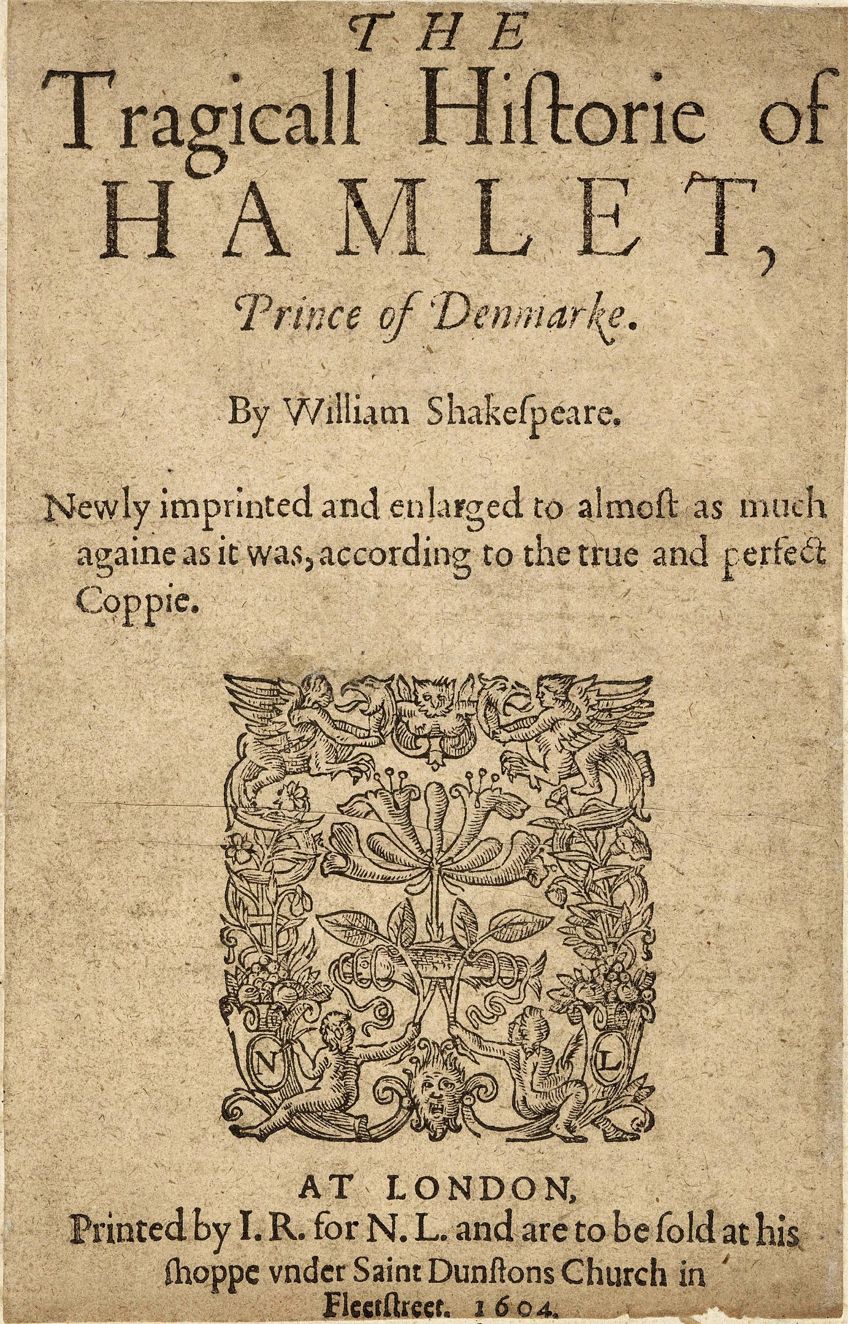
“Neither a Borrower nor a Lender Be” Shakespeare Quote Summary Points
A good summary can go a long way, and this summary should help with understanding this quote. We will not hang around here for very long, but going in with some understanding can be a beneficial thing:
- The “Neither a Borrower nor a Lender Be” Shakespeare quote is about financial prudence. The primary idea is contained within those few words. We should not be those who borrow or lend money. We should instead be financially responsible for what money we have.
- The “Neither a Borrower nor a Lender Be” Shakespeare quote is one of the Bard’s most famous quotes. While Shakespeare wrote many famous quotes in his career, this is one of the most famous ones. However, it is not the most famous one in Hamlet, and so it can be somewhat overshadowed.
- The “Neither a Borrower nor a Lender Be” Shakespeare quote is part of a larger monologue from Hamlet. While quotes can be great on their own, they are generally best understood within their full context. This quote comes from Hamlet, specifically Act 1, Scene 3, and it entails the character of Polonius giving his son some advice.
This brief summary only covers the basics, but if you want to learn a lot more about this quote, the context around it, and the themes that it explores, you will need to jump into the next section of this article.
Here, we take a closer look at the deeper meaning of the quote.
Biography of William Shakespeare
| Poetic Movement | Elizabethan poetry |
| Years | 1564 – 1616 |
| Place of Birth | Stratford-upon-Avon, United Kingdom |
| Known For |
|
William Shakespeare was a central figure in Elizabethan literature. His influence on the English language led to the development of numerous new words and phrases, quotes, and ideas. His work as an actor and playwright during the late 16th and the early 17th century has come to be seen as integral to the development of early Modern English. Many of his plays and poems have come to be seen as immensely important and his plays have been performed ever since they were debuted. Few have achieved his level of influence. And when it comes to quotes, such as the “Neither a Borrower nor a Lender Be” Shakespeare quote, we can see why this is the case. However, we’re only going to learn more about this quote and what it means if we stop tallying and instead dive in!

An In-Depth Analysis of the “Neither a Borrower nor a Lender Be” Shakespeare Quote
Before I jump into our discussion of the “Neither a Borrower nor a Lender Be” Shakespeare quote, it should be noted that I am going to look at more of the monologue than only that one line, and the sectioning that you will find is entirely arbitrary. In the actual play, there are no separations between these different sections of the monologue.
Lastly, just remember that this quote is part of a larger monologue in which the character of Polonius gives advice to his son.
This is the contextual aspect of the text that we should take note of to have a better grasp of the meaning behind this quote. The character of Polonius is also one who is not particularly trustworthy and there is inherent irony in his advice because it is not the kind of thing that he appears to follow. However, words are cheap. Anyone can give advice of any kind even when they don’t follow said advice themselves.
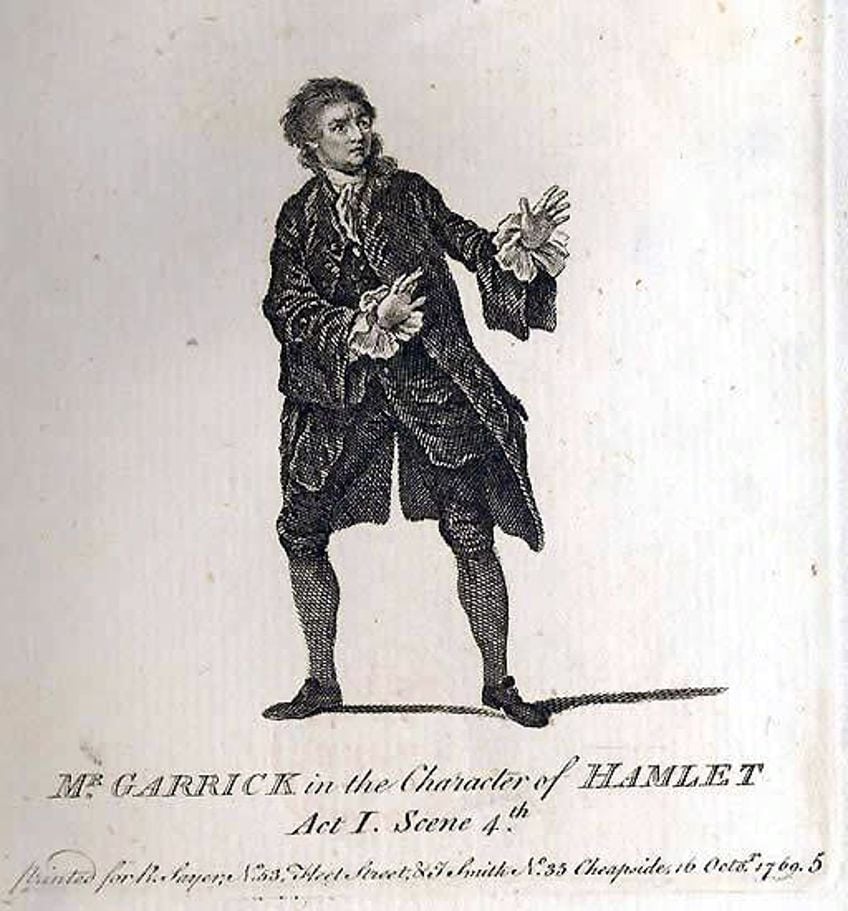
Section One
Neither a borrower nor a lender be;
The first line, which is the “Neither a Borrower nor a Lender Be” Shakespeare quote itself, is rather easy to understand. It simply states that you should not lend or borrow money. Both of these aspects of money are related to credit. Essentially, you should not give or take on credit and should instead retain money that you actually possess. The reasons for this do continue into the remainder of the quote, but the basic idea is distilled within this single line. Do not be a borrower or a lender of money because it will not work out well for you.
This is the central piece of advice that is given in this one line.
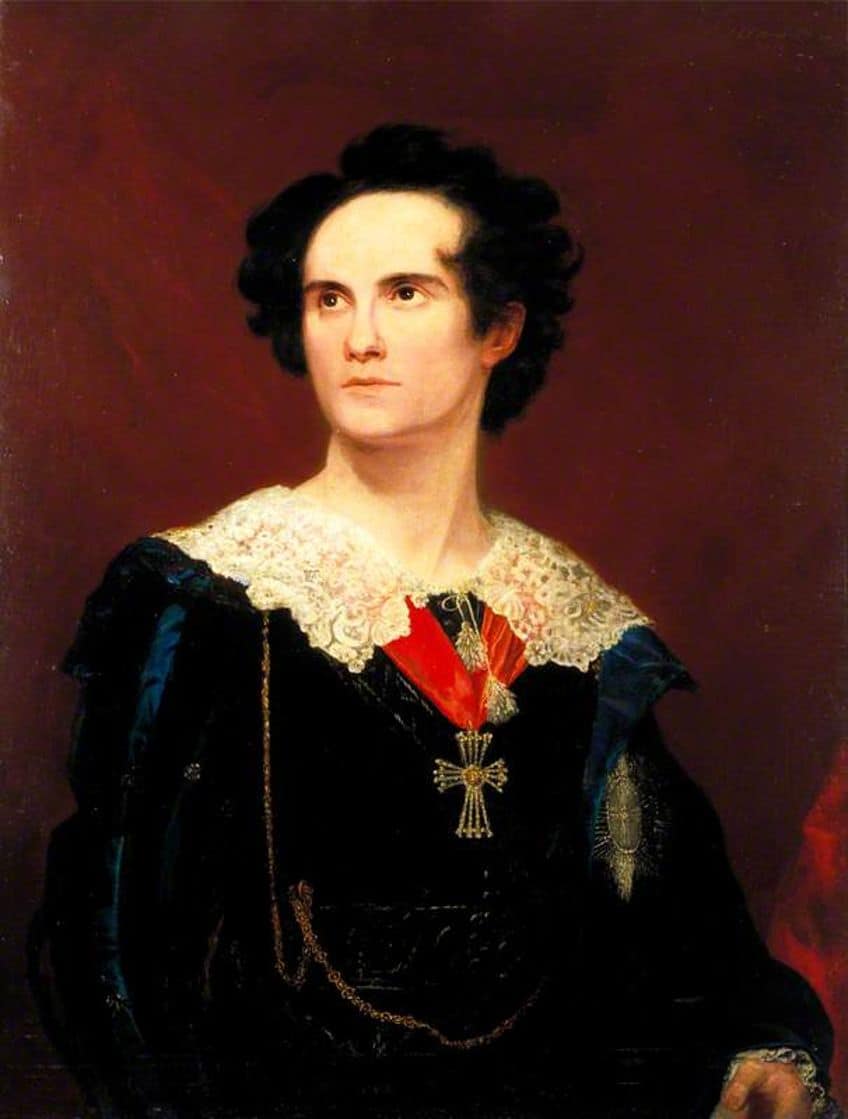
Section Two
For loan oft loses both itself and friend,
And borrowing dulls the edge of husbandry.
This second part of the quote essentially serves to explain why that first line states what it states. We have already been told that credit is a bad thing, and the first line of this section gives us a reason for that. It tells us that a loan, as either a borrower or a lender, can lose you a friend. Obviously, when you lend money out and they don’t pay you back, this can put strain on a friendship, and it operates in the other direction too.
If you borrow money, you put your friend into a difficult situation if you don’t repay it.
The second line relates this more to marriage. While the term “husbandry” typically refers to the raising of animals, we can see it as referring to humans too. The idea of being a borrower is suggested by this line to get in the way of you finding a mate. This also makes sense. If you have a romantic partner but you keep borrowing money, that can be seen as a negative character trait. You lack control of your own finances. And that is usually not seen as particularly sexy!
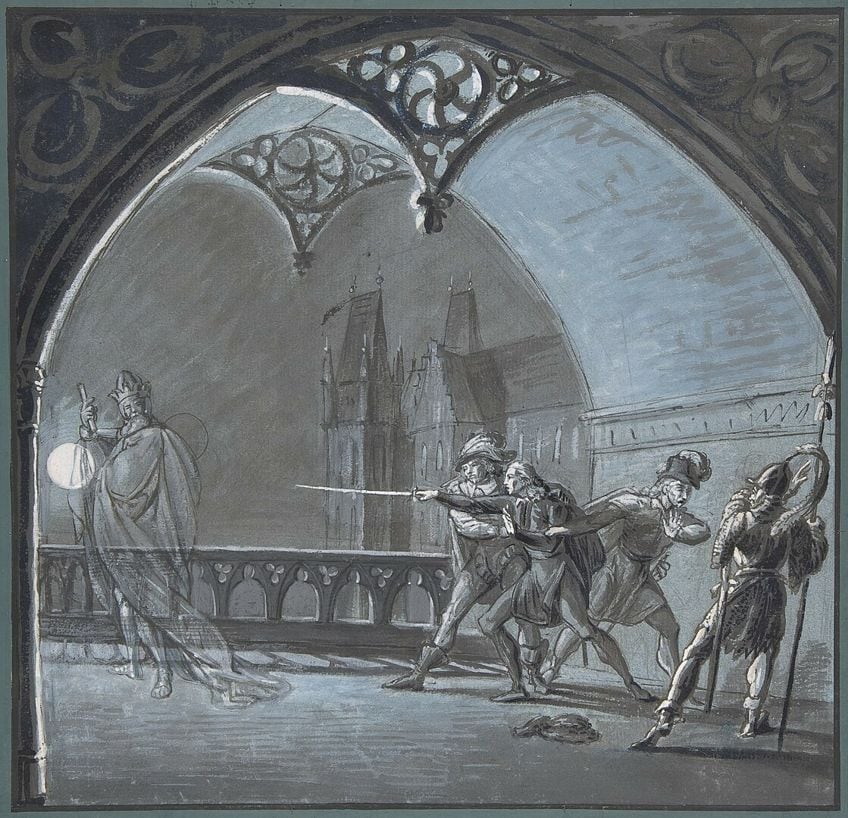
Section Three
This above all: to thine ownself be true,
And it must follow, as the night the day,
Thou canst not then be false to any man.
Farewell: my blessing season this in thee!
The final arbitrary section that I have made here is the rest of the monologue. The first of the lines follows from all the advice that had been given before because there is more advice than what has been shown here. However, the idea of credit follows naturally from this as Polonius tells his son that he must always be true and never false to anyone. Credit could incentivize us to do things we may not otherwise have agreed to do in the first place. Borrowing from others is often seen as a negative character trait, and it might lead one to become dishonest, especially to hide from having to repay it or to commit wrong actions to repay it at all. The final line of this monologue is just a farewell. And so, I’ll do the same. Goodbye.
The analysis of the “Neither a Borrower nor a Lender Be” Shakespeare quote is done.
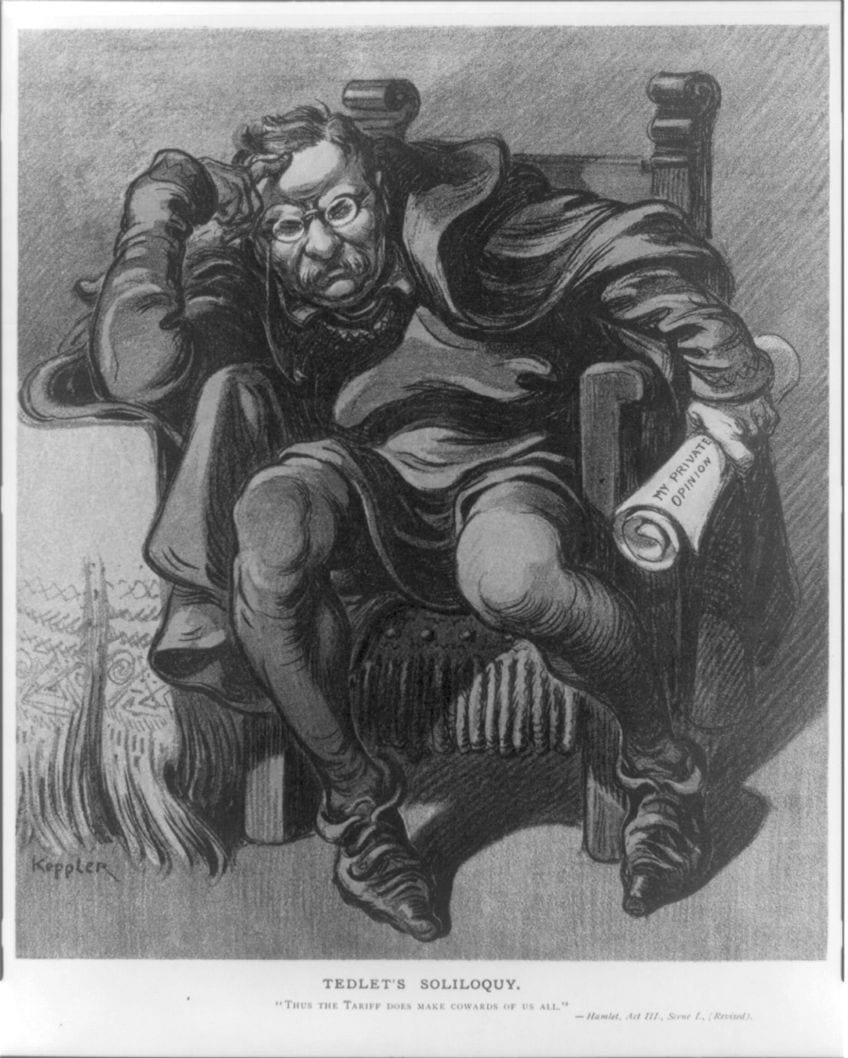
The Primary Theme in the “Neither a Borrower nor a Lender Be” Shakespeare’s Quote
When it comes to an understanding of the “Neither a Borrower nor a Lender Be” Shakespeare quote, it is often best to try and understand the full context of the monologue from which it originates. However, we are going to only really look at the quote itself for this final section of this general discussion.
In very basic terms, the quote means exactly what it says.
You should not be a borrower or a lender. This means that you should instead foster a sense of financial prudence and responsibility. The quote implies that you should not operate on credit from either side. You should not be a debtor, because you may not receive your money again, and you should not be a creditor, because you should only use the money that you have on hand.

This is a rather simple idea, but in the context of the full narrative, it does come from the mouth of Polonius, and that particular figure is not particularly trustworthy as a person. He is portrayed in a more negative light in Hamlet, and so the words of advice that he has for his son come across more in the same sense as the expression: “Do as I say, not as I do”.
When it comes to the works of William Shakespeare, there are so many quotes floating around out there that are worth some time and attention. One of those is the “Neither a Borrower nor a Lender Be” Shakespeare quote that we have spent this whole article discussing. We looked at the man behind the quote, and the themes of the quote, and we also performed a bit of an analysis of the quote while paying attention to the context of the quote in question. Hopefully, this should have given you a good overall understanding of the quote and what it can mean for us in the 21st century.
Frequently Asked Questions
What Is the Neither a Borrower nor a Lender Be Shakespeare Quote?
The Neither a Borrower nor a Lender Be Shakespeare quote is from Hamlet. This play is probably the most famous tragedy that William Shakespeare ever wrote. The quote is part of a longer monologue by Polonius, who is giving his son, Laertes, some advice. The monologue can be found in Act 1, Scene 3. The monologue, as a whole, is Polonius giving his son advice before he leaves on a trip.
Who Was William Shakespeare?
William Shakespeare was an English writer. He was most notably a playwright and poet. He produced some of the most important and popular plays ever written in the English language, such as Hamlet (1599 – 1601) and Macbeth (1606). Furthermore, he also wrote a collection of 154 sonnets that solidified the Elizabethan sonnet, more commonly known as a Shakespearean sonnet, as a staple of English literature. The influence that he exerted on the English language cannot be understated.
What Are the Primary Themes of the Neither a Borrower nor a Lender Be Shakespeare Quote?
When it comes to an understanding of the Neither a Borrower nor a Lender Be Shakespeare quote, we need to see it within its full context. The monologue that contains this quote gives a lot of advice about things like authenticity and financial prudence, but there is an inherent hypocrisy in it because a lot of this is advice that Polonius freely gives but does not much adhere to himself. These are some of the themes that can be explored in this quote and the larger monologue around it.
What Is the Full Context of the Neither a Borrower nor a Lender Be Shakespeare Quote?
The Neither a Borrower nor a Lender Be Shakespeare quote comes from Hamlet, and it comes from Polonius. This figure is a central one in the narrative, and he is both Laertes and Ophelia’s father, as well as the advisor to King Claudius, who is the primary antagonist of the narrative. His son, Laertes, is set to leave for France and Polonius gives him some advice on how to live his life. This is where the quote comes from in the play.
What Other Famous Monologues Did Shakespeare Write?
There are so many famous monologues that Shakespeare wrote. Some of the central ones include the To be, or not to be monologue from Hamlet (1599 – 1601), the All the world’s a stage monologue from As You Like It (1599), and the O Romeo, Romeo, wherefore art thou, Romeo monologue from Romeo and Juliet (1597). There are far more monologues than only these, but this is a good overall selection of some of the greats.
Justin van Huyssteen is a freelance writer, novelist, and academic originally from Cape Town, South Africa. At present, he has a bachelor’s degree in English and literary theory and an honor’s degree in literary theory. He is currently working towards his master’s degree in literary theory with a focus on animal studies, critical theory, and semiotics within literature. As a novelist and freelancer, he often writes under the pen name L.C. Lupus.
Justin’s preferred literary movements include modern and postmodern literature with literary fiction and genre fiction like sci-fi, post-apocalyptic, and horror being of particular interest. His academia extends to his interest in prose and narratology. He enjoys analyzing a variety of mediums through a literary lens, such as graphic novels, film, and video games.
Justin is working for artincontext.org as an author and content writer since 2022. He is responsible for all blog posts about architecture, literature and poetry.
Learn more about Justin van Huyssteen and the Art in Context Team.
Cite this Article
Justin, van Huyssteen, ““Neither a Borrower nor a Lender Be” – A Shakespeare Quote.” Art in Context. February 15, 2024. URL: https://artincontext.org/neither-a-borrower-nor-a-lender-be/
van Huyssteen, J. (2024, 15 February). “Neither a Borrower nor a Lender Be” – A Shakespeare Quote. Art in Context. https://artincontext.org/neither-a-borrower-nor-a-lender-be/
van Huyssteen, Justin. ““Neither a Borrower nor a Lender Be” – A Shakespeare Quote.” Art in Context, February 15, 2024. https://artincontext.org/neither-a-borrower-nor-a-lender-be/.


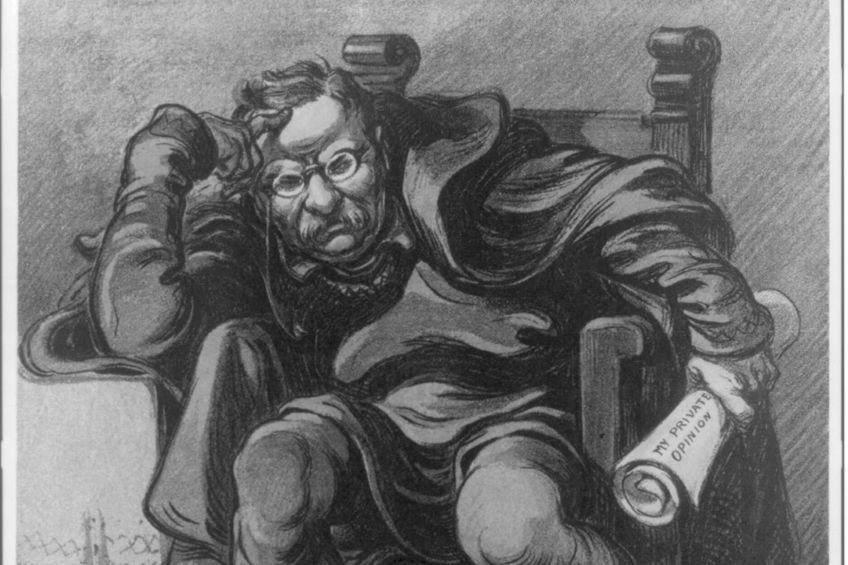

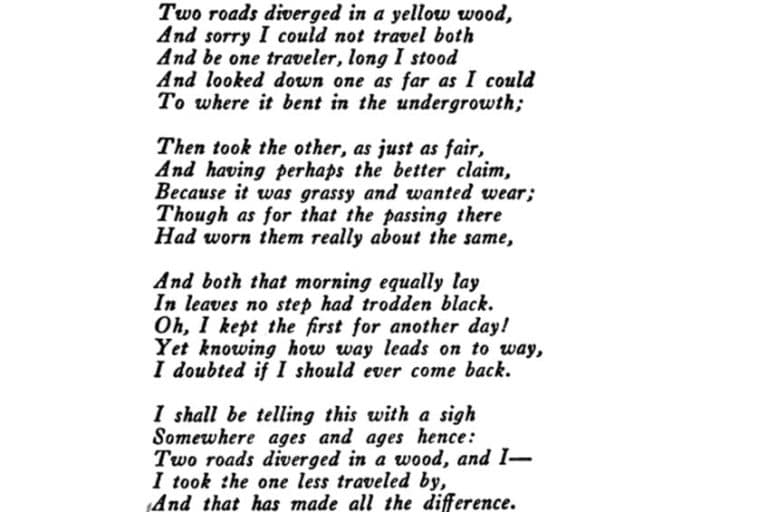

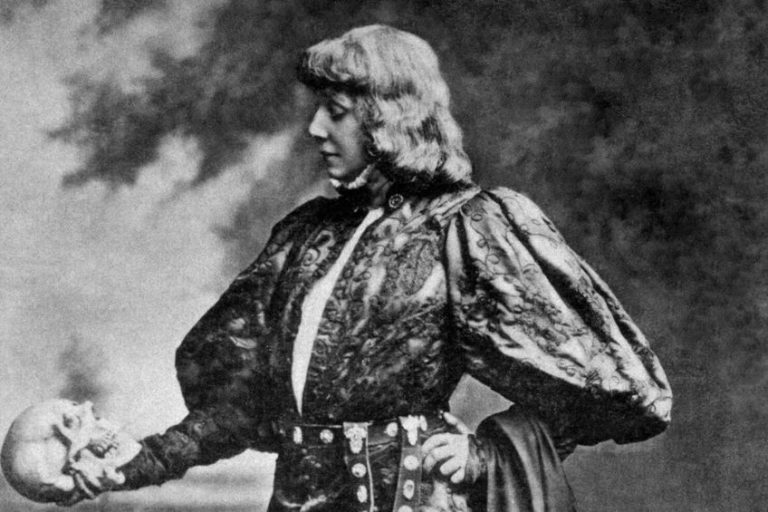
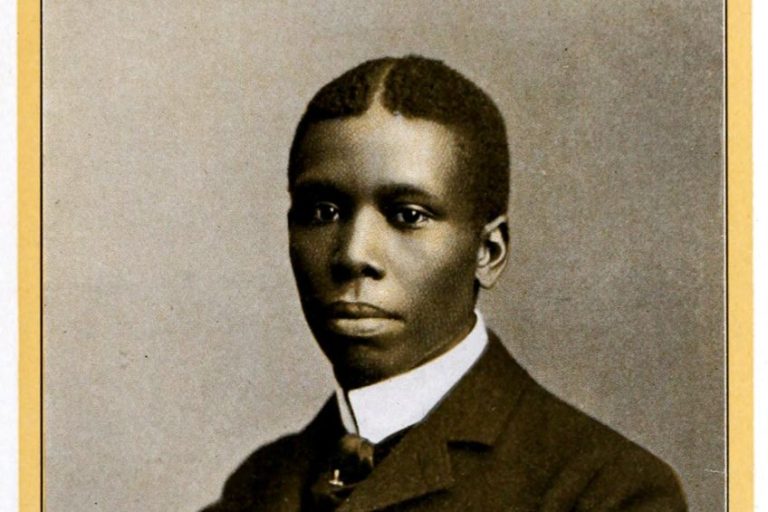

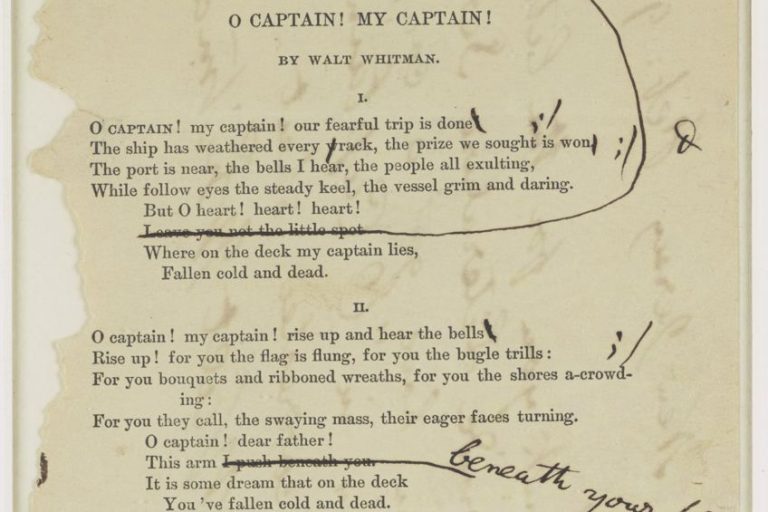
Shakespeare would remind you that “quote” is a verb and “quotation” is a noun (even though the dictionary says they can be used interchangeably. They say that because that is what people do.) Now, Shakespeare did not create the proverb at the center of your piece nor any of the other sayings throughout the monologue. I’ll post the entire monologue in a separate post. The entire monologue is made up of trite, cliché sayings that the people of the time were so sick of hearing, just like we are today, they may have tittered throughout the speech as Laertes and Ophilia do. The people of the time who said them were pompous and looked down their noses at everyone else. Do a survey of the internet and see who is quoting the amorphism as if it is serious. You got it! the stuck up rich who put money before people.
Polonius is a wretched character and lives his life the exact opposite of what he is telling Laertes. He is a pompous hypocrite and that ultimately gets him killed. In this scene, Polonius is talking to hear himself talk. Laertes and Ophilia are behind him rolling their eyes and making fun of their father. The same person who plays Polonius also plays the foolish comedic grave digger at the end of the production thus tying the fool to the fool.
Husbandry meant something very different in Shakespeare’s day. It initially meant “management of a household.” Later, it evolved to refer to “farm management.” The word is formed by combining two elements: Husband, in an obsolete sense, referred to a “peasant farmer.” It was derived from Old English “husbonda,” which meant “male head of a household” or “master of a house.” The second element is “-ery.” This word-forming element creates nouns denoting “place for,” “art of,” “condition of,” or “quantity of.” It comes from Middle English “-erie,” which traces back to Latin “-arius.” Interestingly, the word husbandry replaced the Old English term “wer” (meaning “married man”) and became the companion word for “wife.” So, in this context, husbandry encompasses the management of households, farms, and the art of thrift and frugality.
The monologue is really Shakespeare making fun of people who believe all of those sayings. In real life, those who have the money are the ones who ruin the friendship. Rarely is it the one who borrows. And when someone borrows like that, it is usually because they have no other choice. No one likes to borrow money but there are times when you have no other choice.